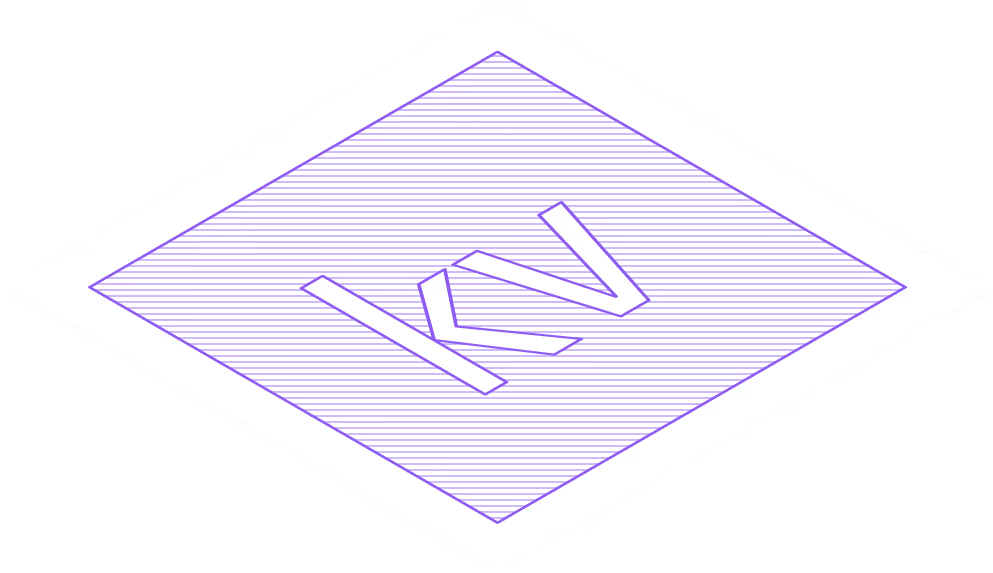Any Skill. Any Agent. Anywhere.
Making enterprise AI secure, compliant, and fully connected.

Runlayer is redefining how AI works. Moving from answering questions to taking action inside the tools you already use. We’re starting by scaling MCP and building toward safe, capable agents for all.
Our Beliefs



The race for the best model has been supplanted by a mad dash to control how AI interacts with the world’s tools and data.
But it launched without the infrastructure that made other protocols work for enterprises. No auth, no audit trails, no governance.
Block AI adoption or accept catastrophic risk. Teams see the board mandate to adopt AI but they lack the infrastructure to say "yes.”
Runlayer makes MCP enterprise-ready, so teams can use AI across the organization, with complete observability and control.
We're building the trust layer between enterprises and their AI future. We are defining a new category, and we're the team to do it.

Backed by the best minds in AI & security






This team has built some of the fastest growing Agents and MCP products out there."

Keith Rabois, General Partner at

Khosla Ventures. "They saw the enterprise problems of MCP from miles away, and built the platform everyone else is trying to copy.
AI Experts.
Built This Before.
Our founding team has built AI at scale and raised over $200M cumulatively. We launched some of the fastest growing agentic AI products alongside OpenAI and Anthropic. We created Zapier MCP and Agents, used by millions. We have experienced the problem we’re solving firsthand and we're solving it for the rest of us.



Andy Berman is a serial entrepreneur who co-founded Nanit (leading AI consumer hardware product), and Vowel (acquired by Zapier). Previously, he was Director of AI at Zapier.
Tal Peretz led ML in the Israeli Air Force. He built and launched Zapier MCP in 2 days which became Zapier’s fastest growing product.
Vitor Balocco was previously a Staff AI Engineer at Zapier and is a recognized MCP security expert, speaking at international conferences on vulnerabilities and defense.
Our Values
We are AI-native and high-agency. We own our work with a very high bar and strive for excellence.
We tell people what they need to hear, not what they want to hear. If an approach won't work, we say so and show what will. We believe we build trust by being direct, not diplomatic.
Shipping is our eval loop. We ship knowing the first version won't have everything, but it will work well. Every release is a data point, every customer is a feedback signal.
We are AI-native from day one. Whether it's IDEs or customer proposals, we leverage AI to automate our work at scale. The customer only sees the magic.
Open Roles
Frequently Asked Questions
All 300+ MCP clients including Cursor, VS Code, Claude Code, GitHub Copilot, ChatGPT, Claude Desktop, Windsurf, and any client that implements MCP.
No, we work with your existing IDE and AI client with the only difference being authentication through company SSO instead of personal API keys.
Request through the catalog: security-approved servers are available immediately with one click, while new servers go through fast-tracked approval in minutes instead of weeks.
Yes, with zero installation friction and the same governance/observability as remote servers, plus CLI tools to make local-to-hosted workflows seamless.
We integrate with Okta, Entra, and all other major identity providers, to enforce the same conditional access and device compliance checks you use everywhere else, and provide complete audit trails, so AI becomes like another enterprise application, not a special case.
No, scans run with unnoticeable latency and you get one-click access instead of manually configuring JSON files.
Yes, your development experience stays identical. you just get access to vetted, secure MCP servers instead of random GitHub repos.
Yes, we help convert internal APIs into MCP servers that appear in the catalog alongside external ones with identical access controls and observability.
Minimal disruption: we import existing configurations and your prompts/workflows remain the same, with most teams starting new servers through Runlayer then gradually migrating existing ones.


